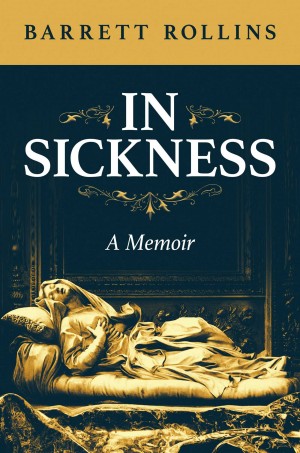By
– December 16, 2011
Few rebbetzins write memoirs, possibly because they are very busy people. Dina Bar-Tov, the widow of a rabbi from Monsey, New York, has taken the time to write about her efforts to create a new life for herself after her husband’s sudden death. Through her eyes we learn about the numbness associated with the initial shock of the loss, the chicanery engaged in by some family members and congregants to whom she turns for help to attain financial security, and her struggle to achieve personal and financial equilibrium. What is very special about Dina’s tale is that she is the mother of nine children, is a fervently religious rebbetzin, and is committed to meeting her next bershert, i.e. her providentially decreed spouse. These aspects of her life make A Widow’s Tale unique. Nevertheless, the process of grieving she describes will resonate with widows and widowers. One disconcerting aspect of the “tale” is that the reader is never informed as to who and what is fictionalized to protect the confidentiality of those mentioned in the book.
Carol Poll, Ph.D., is the retired Chair of the Social Sciences Department and Professor of Sociology at the Fashion Institute of Technology of the State University of New York. Her areas of interest include the sociology of race and ethnic relations, the sociology of marriage, family and gender roles and the sociology of Jews.





